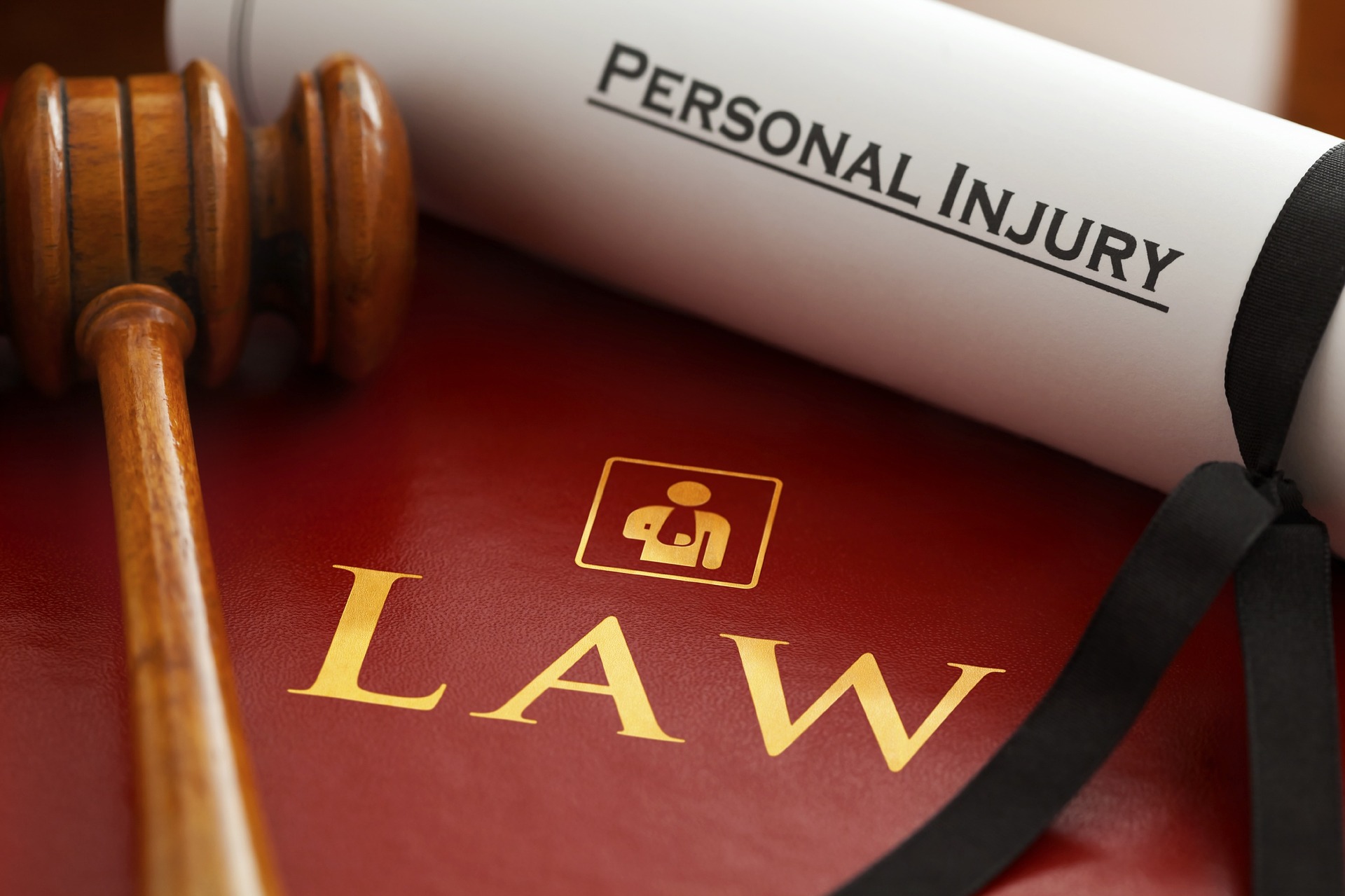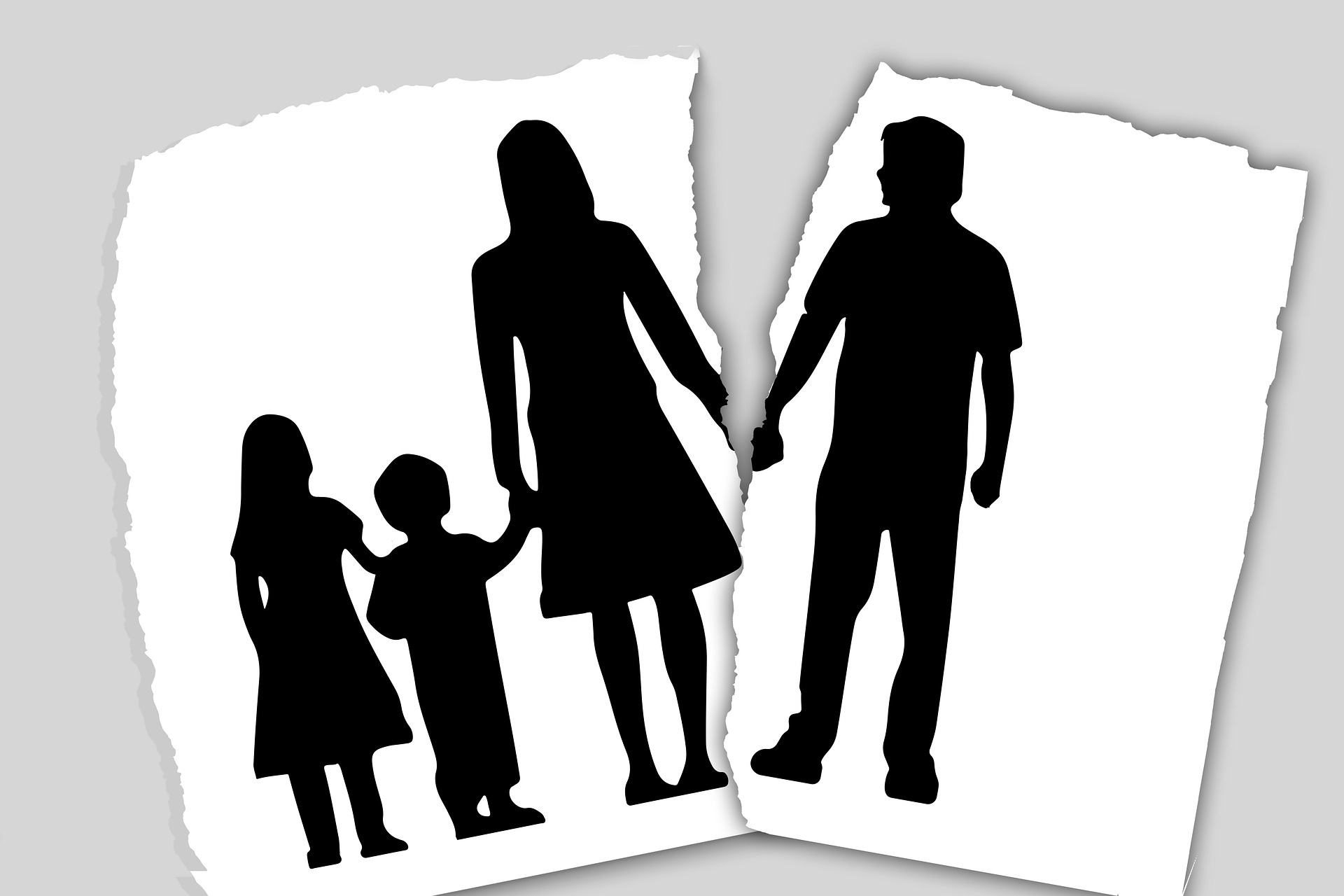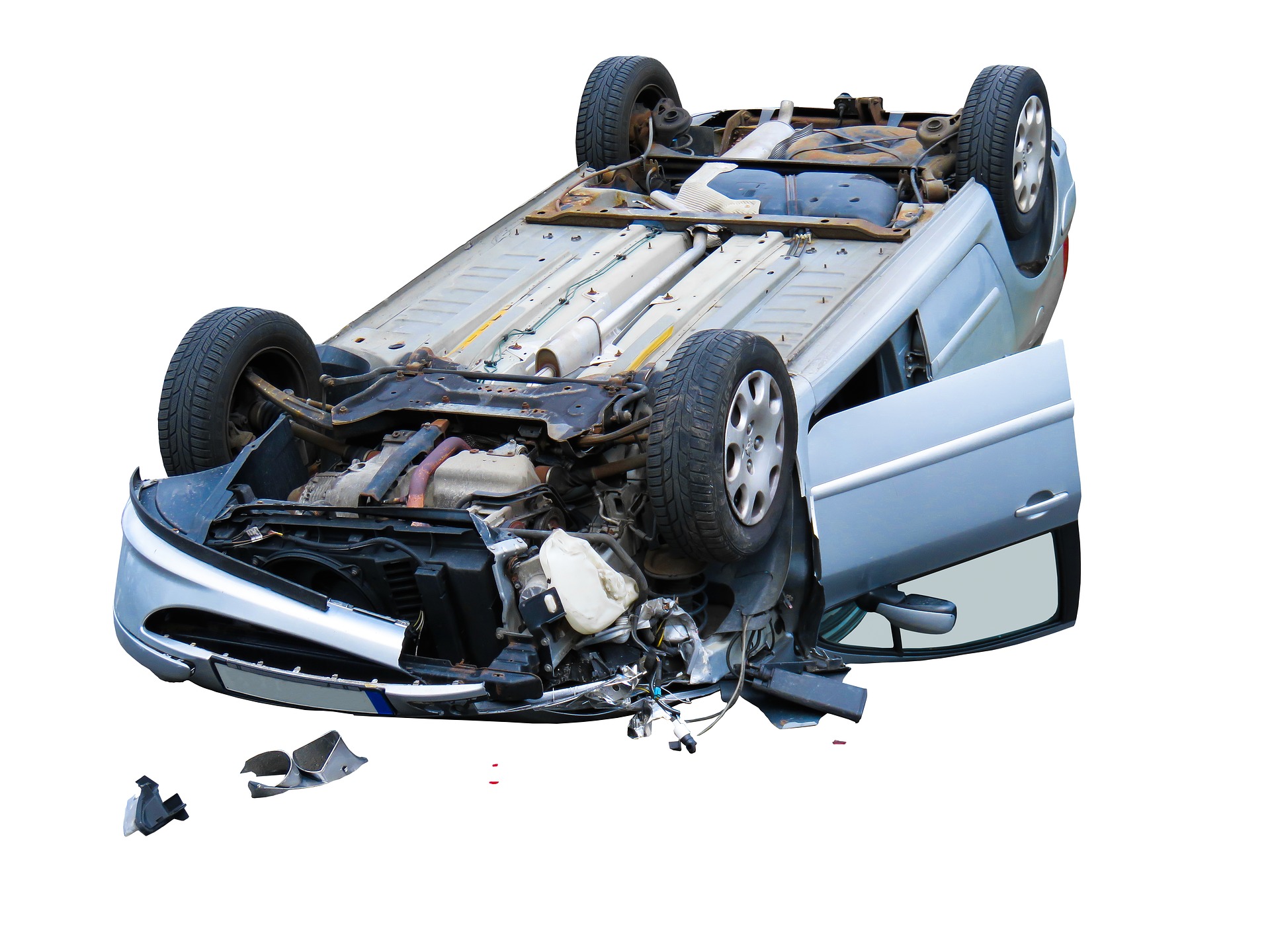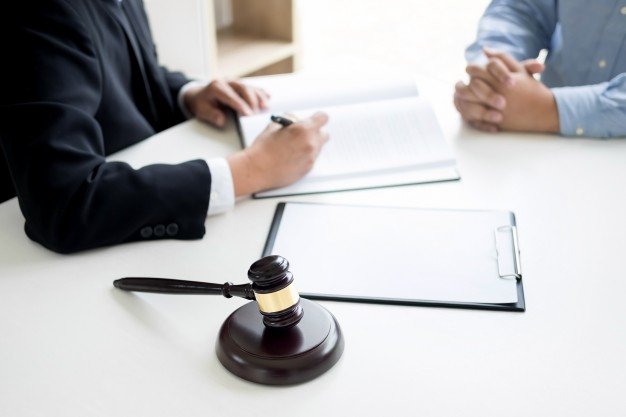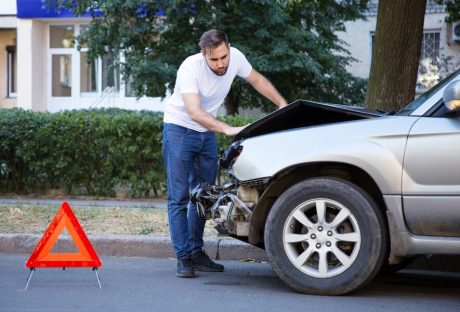It’s a fact that no one wants to go through a personal injury claim. Whether you’ve filed the case, or someone has filed against you, having to face a personal injury claim means someone was hurt due to someone else’s negligent actions and both sides will have to face the uncomfortable and challenging task of going through a legal claim.
If you’ve never gone through a personal injury claim, you’ll want to touch base with an experienced litigation attorney like those at derricklawfirm.com who can help guide you through what to expect.
While your attorney will be able to give you more accurate information about your specific case. Here is a general overview of how personal injury claims are resolved.
1. opening a claim:
The first step in any personal injury claim is to open the actual claim. This means that you will open a claim with both your insurance provider and the insurance provider of the person responsible for your injuries or the damages to your property. This can be known as a pre-action protocol, and it will also be the time that the person you are filing the claim against will be notified. Most often, they will pass this information along to their insurance company who will deal with the claim on their behalf.
Usually, insurance companies or the defendant will have a few months to investigate the accident and accept or deny legal responsibility.
2. Gather medical evidence:
When liability is accepted, you’ll need to show how injured you were from the accident. This means that you will need evidence of the treatment you received. Sometimes, this can be as simple as getting hospital records, or it may take some time if you need to see specialists. Photographs of your injuries are an essential piece of evidence, as is how much help you needed while you were injured. This could mean having to hire medical care workers, or even just having friends and family help out around the house.
3. Receive and complete medical treatment:
If you have suffered any injuries resulting from the accident, then it’s important to seek medical attention or be assessed promptly by your family doctor. Any treatment suggested should be followed and completed. This can take months since insurance companies usually want to see maximum medical improvement before assessing your claim.
4. Submit a demand package:
Your demand package is a comprehensive document that details your injuries, the expenses incurred due to those injuries, and how a trial would be presented if it went to court. It may also include documents regarding lost wages, financial damages, and medical bills.
5. A settlement:
You can get a decent settlement package if your demand package is strong and shows clearly the state of your injuries and the connection to the person who injured you. A favorable settlement will mean the resolution of your case if you can agree to the amount between you, the person who injured you, or their insurance company. If you decide on a settlement, you avoid having to go to trial. However, you should be careful not to accept the first number given to you if it’s not what you were expecting. Your attorney can help guide you further in those situations.
What if the defendant denies liability?
If the defendant denies liability, you may have to go to court to have it decided by a judge in court. This can happen if it wasn’t apparent as to who was at blame or the officers didn’t place blame while at the scene of the crash. If this occurs, you will need to speak to witnesses of the accident. This is why it’s always recommended that you get the contact information of any witnesses who saw the crash.
Read Also:













